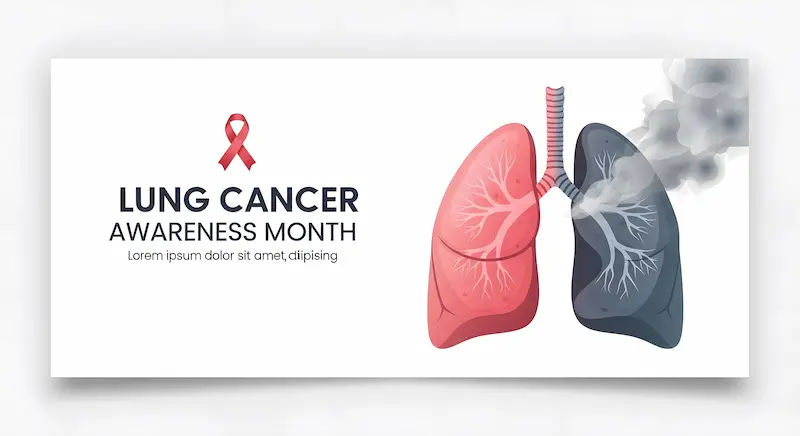- Female
- 37 Years
- 22/01/2025
I'm really worried about my mom. She seems to have some sort of lung issue because she's feeling fatigued a lot and has trouble breathing even just walking short distances or using the stairs. She had pleural effusion about three years ago, and now the symptoms seem to be coming back. Can you suggest what tests she should get to figure out what's going on?
More Pulmonology/ Respiratory Medicine Health Queries
View allIs it normal to feel the same pain I had before my thoracentesis, even though it's been 36 hours since it was done? I'm worried the pleural fluid might have come back. Could tuberculosis be causing this effusion? The pain is really bothering me, and I'm waiting on my report, which won't be ready until next week. Can you give me some advice in the meantime?
it can recur in some condition
read more![Doctor 1]()
![Doctor 2]()
Answered by 1 Apollo Doctors
So, I used to have asthma when I was a kid and had to use an inhaler, but once I hit my teenage years, I didn't have any issues, so my doctor took me off the meds. Lately, though, I've been having this wheezing thing happen after I work out. I'm kind of worried and curiousis it normal to hear wheezing after exercise, or is that something I should be concerned about?
no it is not normal, please continue your medication of asthma
read more![Doctor 1]()
![Doctor 2]()
Answered by 1 Apollo Doctors
I've been dealing with this bronchitis and allergy issue for the past nine months and it's really starting to bother me. On top of that, I've had this annoying chest tightness and back pain for the last six months. Do you think these are all connected somehow, or should I be looking at them separately? What could be causing these symptoms, and how can I get some relief?
avoid allergens and take tab avil
read more![Doctor 1]()
![Doctor 2]()
Answered by 1 Apollo Doctors
Disclaimer: Answers on Apollo 247 are not intended to replace your doctor advice. Always seek help of a professional doctor in case of an medical emergency or ailment.






